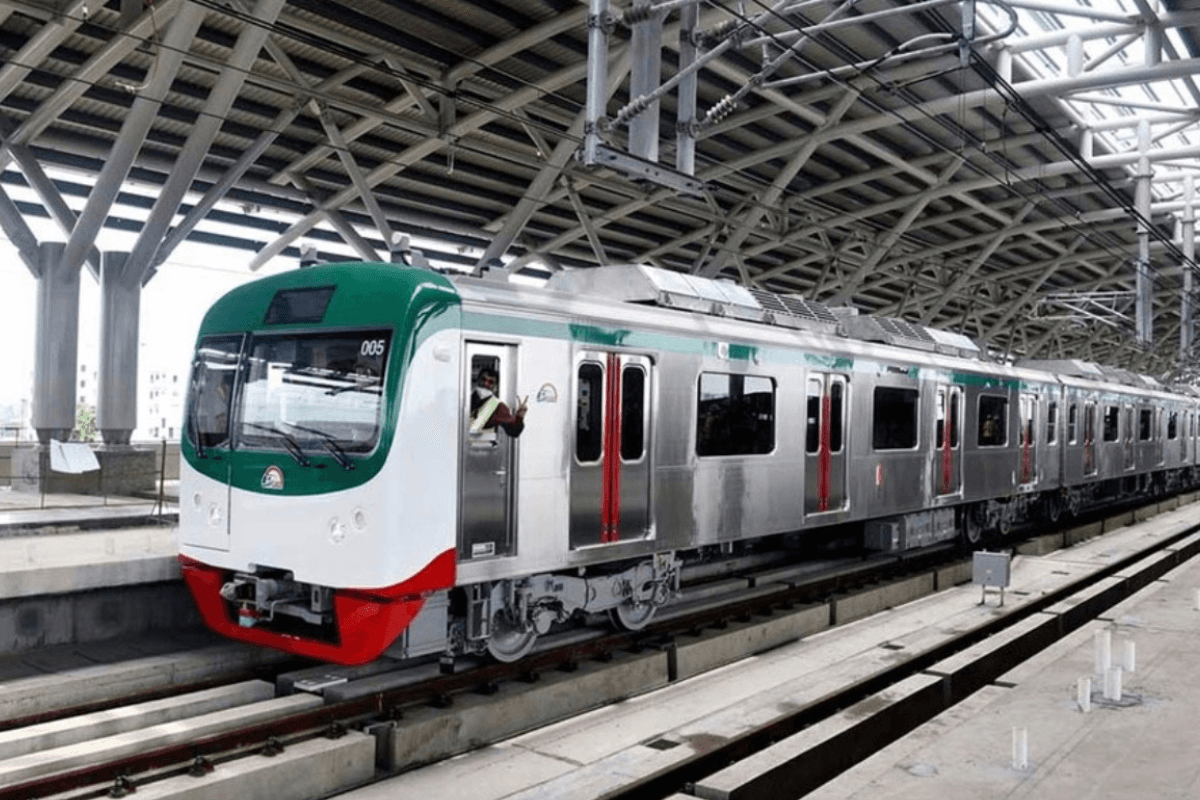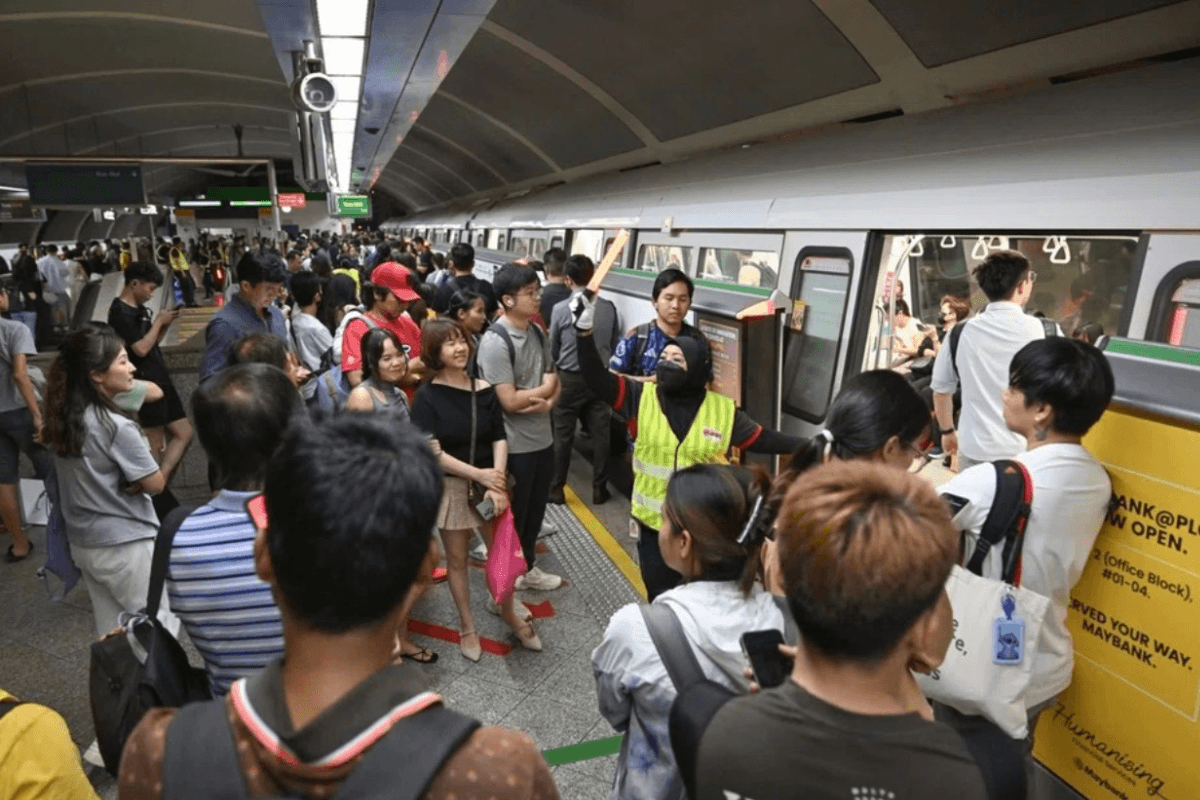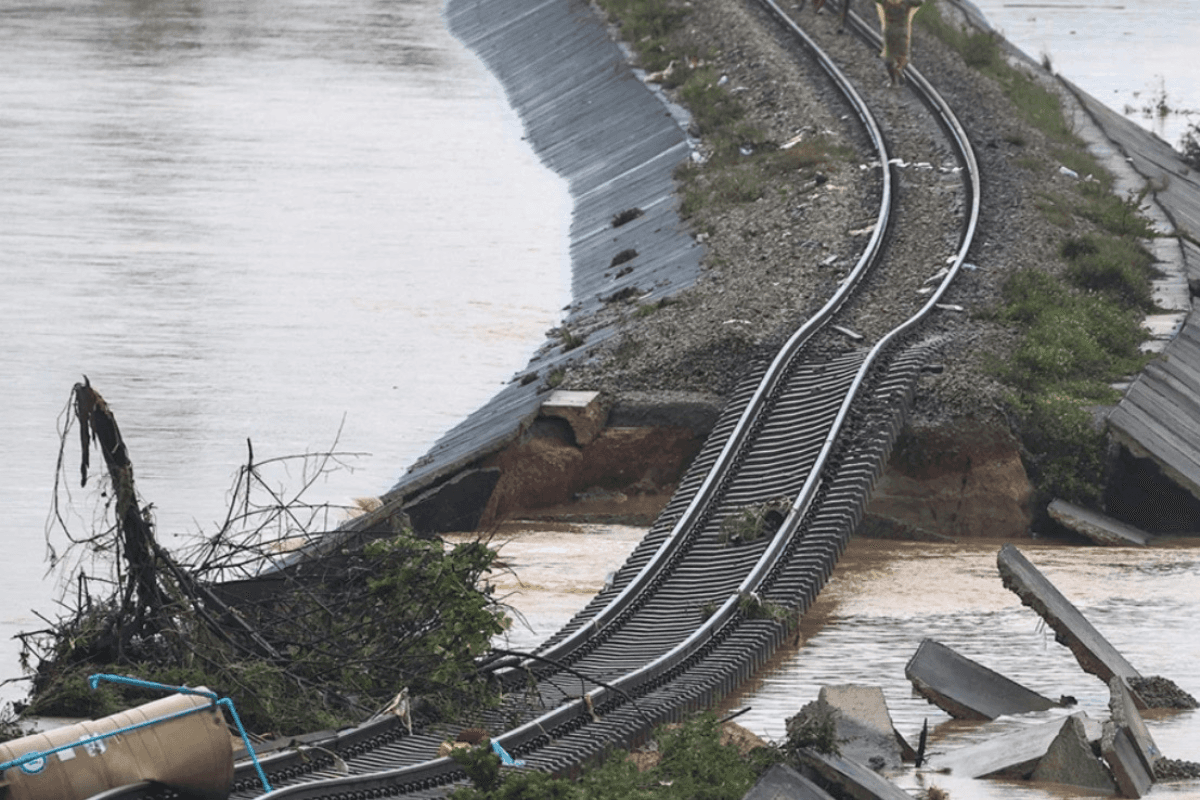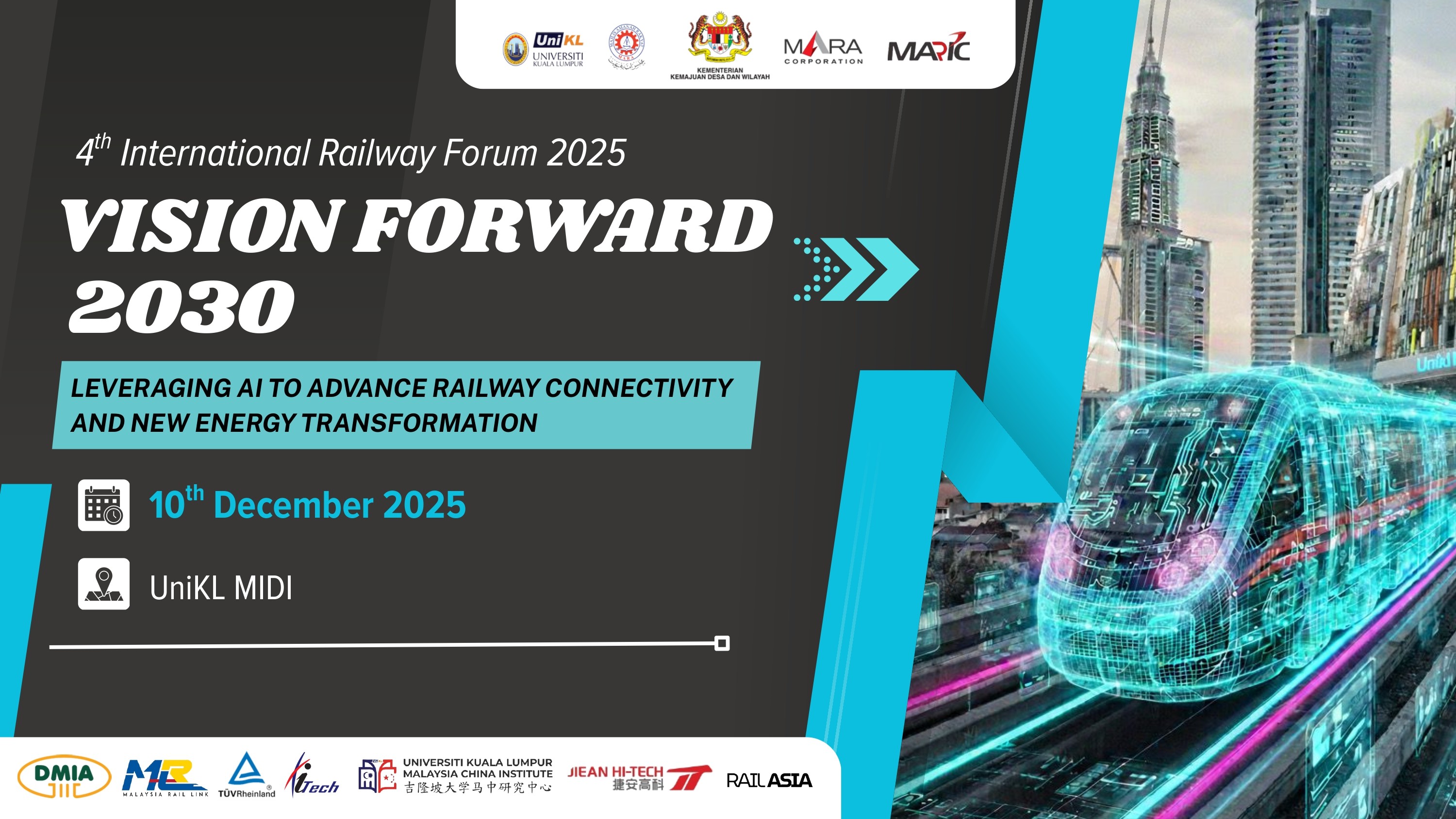Sep 6, 2025
African Rail Corridors Become Geopolitical Battlegrounds for Critical Minerals
BEIJING, July 2025 — A significant geopolitical contest is unfolding in central-southern Africa, where major global powers are vying for control of key logistical routes amid a global race to secure critical minerals for the green energy transition. Infrastructure development is at the forefront of this strategic competition.

At the heart of this rivalry is Kapiri Mposhi, Zambia, a key hub where three major corridors converge: China's Tazara Railway, the US-backed Lobito Corridor, and Japan's Nacala Corridor. China is notably investing US$1.4 billion to revitalize the Tazara Railway, connecting Zambia to the port of Dar es Salaam in Tanzania.
Analysts suggest this strategic push for rail infrastructure is more than just facilitating mineral transport. It represents a concerted effort by global powers to establish long-term influence over critical mineral supply chains and reduce dependence on geopolitical rivals.
The Nacala Corridor network, for instance, links landlocked Zambia and Malawi to Mozambique's Port of Nacala, extending to major Zambian centers. This infrastructure development underscores a broader trend where infrastructure is increasingly viewed not merely as a means of moving goods, but as a tool for shaping global supply lines and asserting economic and political leverage.
This intense competition for control over African rail networks highlights the strategic importance of the continent's resources and its role in the global energy landscape, positioning infrastructure development as a key battleground for future economic and geopolitical influence.
Source: South China Morning Post
Related Post
Latest Post
Subscribe Us
Get Subscribe To Our Latest News & Update













